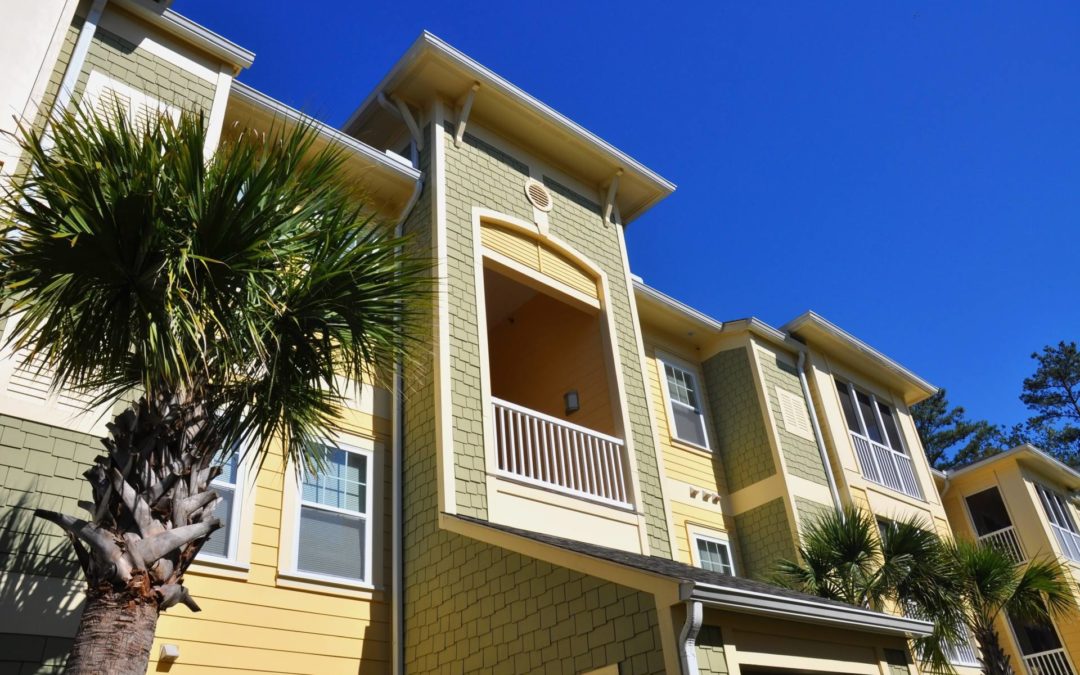California just signed new statewide rent control laws into effect. What will the impact be?
Governor Newsom just signed a new legislature confirming statewide rental rate increase limits. Renters have been begging for it. Landlords and investors have been dreading it. So, what are the details? How much difference will it really make?
New Rental Rate Caps
Like New York, California has followed through with sweeping new rent controls. The ideal is to make renters happy by assuring them of only modest rent hikes. Of course, they’d prefer none. It may also dissuade investors from driving out tenants with the expectation of being able to leap up to market rates.
The new law limits annual rental rate increases to 5% plus the rate of inflation, with a total cap of 10% per year.
10% may seem like a reasonable increase even to landlords, but costs can quickly exceed that: especially when you take into account rising federal and state income taxes and property taxes. In Nassau County on Long Island, NY, new countywide tax assessment rates have spiked many landlords’ annual property tax bills by 50% or more. At the same time they can be hit with caps on how much they can deduct on taxes. Presidential candidate Bernie Sanders has also proposed a 25% house flipping tax on real estate investors.
The Impact Of Blanket Rent Controls
The most obvious impact of blind and sweeping rules like these is to decrease the appeal and profitability of real estate investments in these areas. Landlords may be able to make ends meet for a while by slashing services and maintenance. However, it will also limit the appeal to end buyers. It is turning lenders off to helping finance the purchase and refinance of properties in these states. Sadly, the ultimate impact may be worse for renters than anyone else.
Expect these trends to drive investors and lenders to states which favor landlords and investors more, but also offer more affordable rents for tenants.
Loopholes
There is one big loophole in this new law in California. That is exempting new construction for 15 years. Any properties built in the last 15 years get the same exemption too. So, an apartment built in 2010 would be exempt from rent control until 2025.
That’s still not enough to lure in serious buy and hold investors or lenders. It leaves renters relying on new affordable housing exposed to even higher rents on those units.
The exemption was clearly left to encourage new housing to be built and to attract new investment. Though with all the taxes in California, and new net-zero mandates and other rules, it’s almost impossible to build truly affordable housing. At least without public partnerships and subsidies, which require levying even more taxes.
There are plenty of great places left for investing in real estate, California, and New York just are not on the list.
ABOUT THE AUTHOR
Bill Zahller is the President of Park Capital Properties and resides in Asheville, NC. As a Multifamily Real Estate Investor and Syndicator, he founded Park Capital Properties in 2016 after 14 years involvement in real estate investment. He works with accredited investors and professionals who are interested in real estate investment, diversification, and financial freedom.
Bill has been flying since high school. His father was a Naval Aviator and Captain for TWA. Bill has been flying professionally for over 25 years, 23 of those at his current company. He has accumulated over 12,000 hours and 7 Jet type ratings. He has also held Instructor, IOE Instructor and NRFO pilot positions with a large fractional flight company. He is currently flying the Global 6000 in a long range mission capacity. This keeps it interesting – one week its Beijing or Sydney; the next Rio or Rome.
Bill is also the founder of the Asheville Multifamily Investor Club. Visit www.ParkCapitalProperties.com for more information.

